
Oh, you clicked because you thought this garbage merited a whole post?
Well, it doesn't.
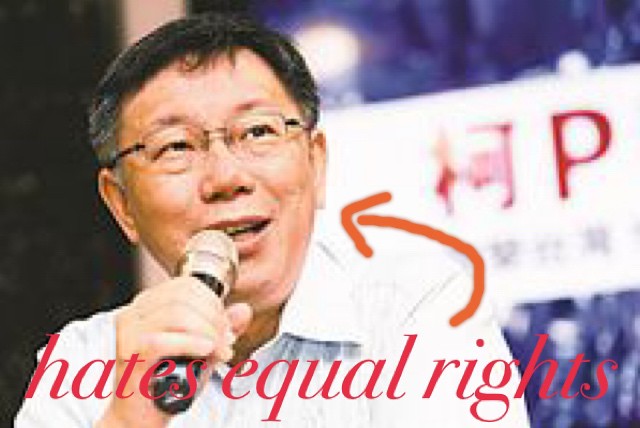 |
| doctored image (test and arrow mine) from Wikiquote |
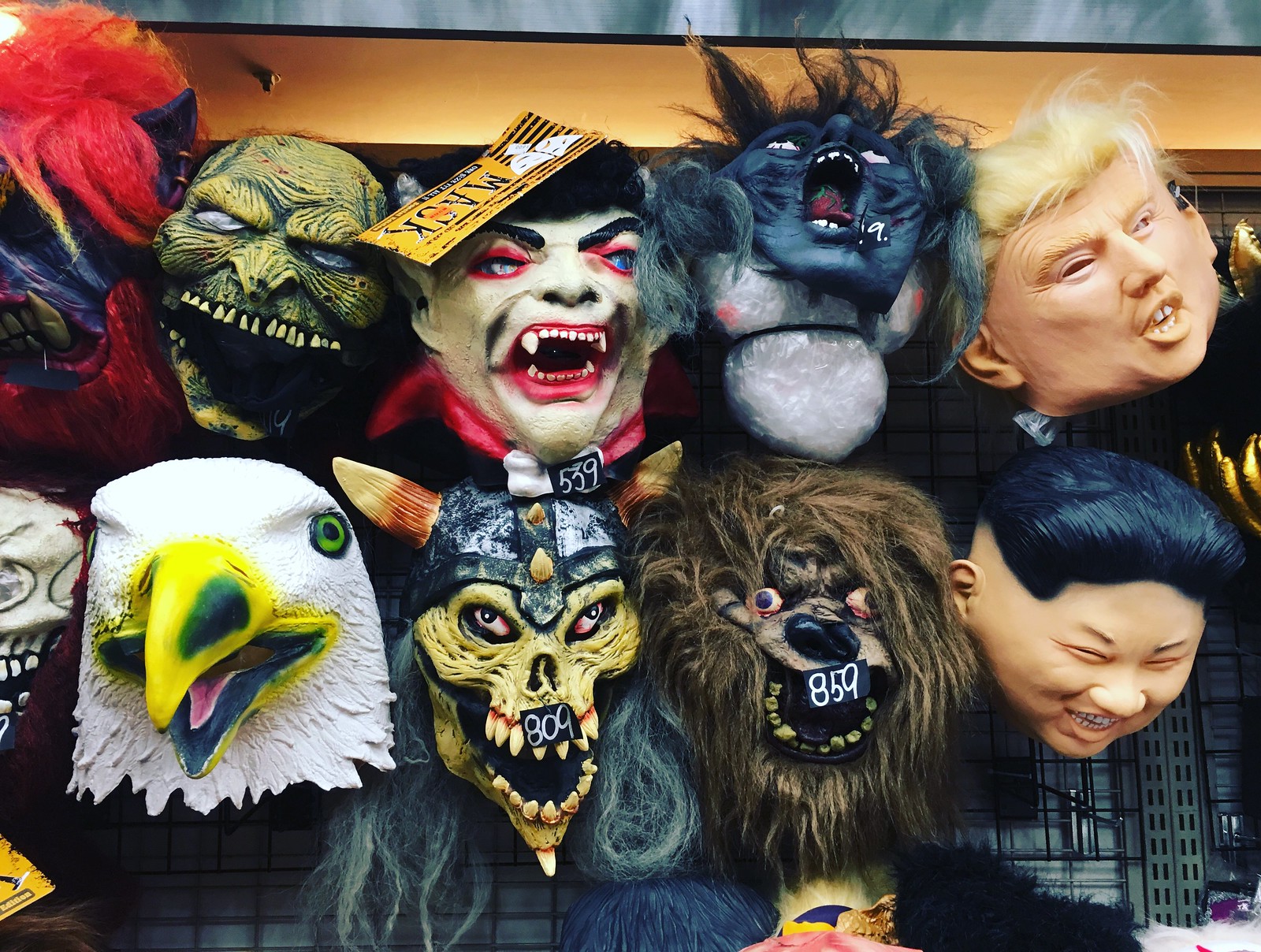 |
| The ladies of Taipei according to Ko Wen-je |
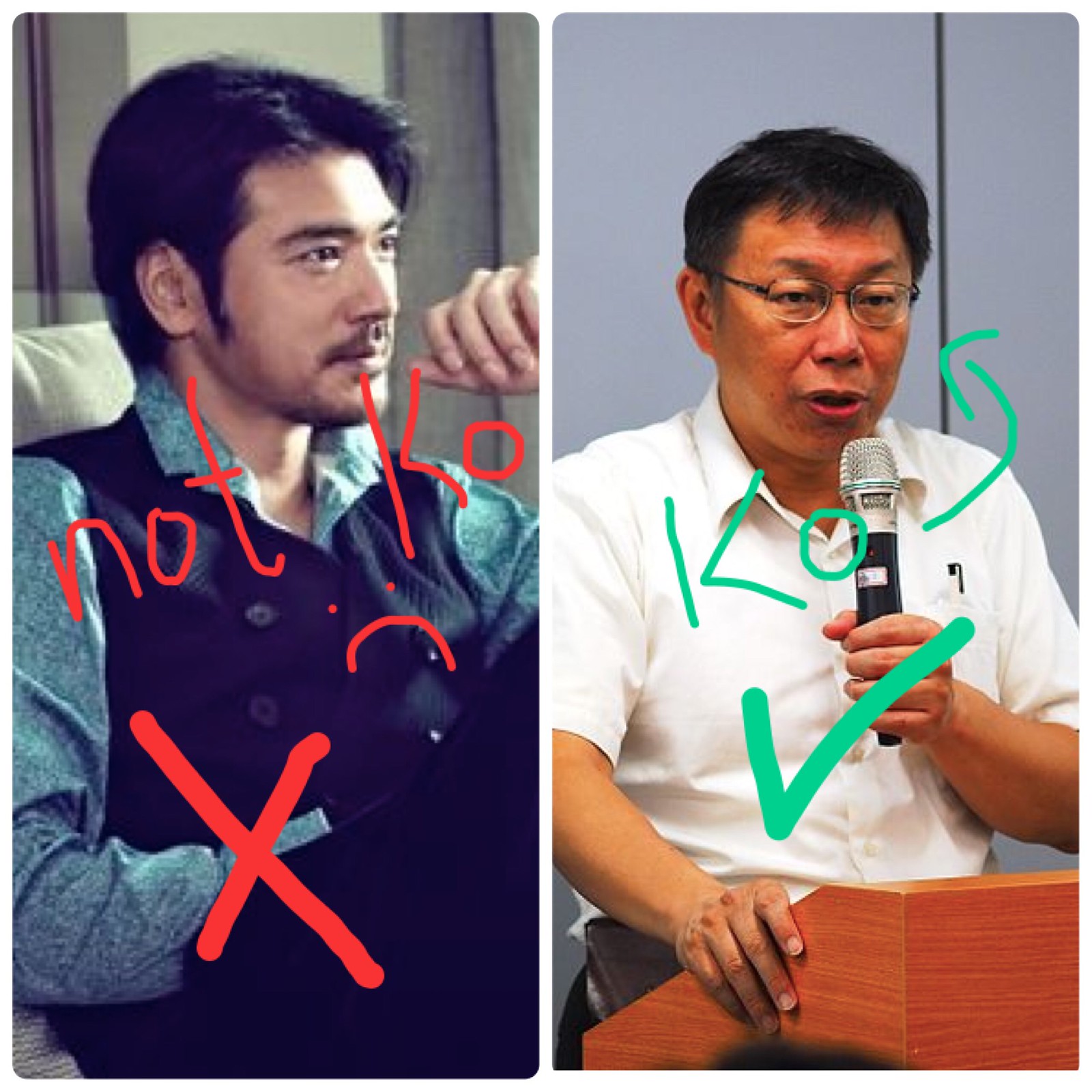 |
| Oh yeah THAT guy really has standing to talk about how women need to make themselves prettier. |
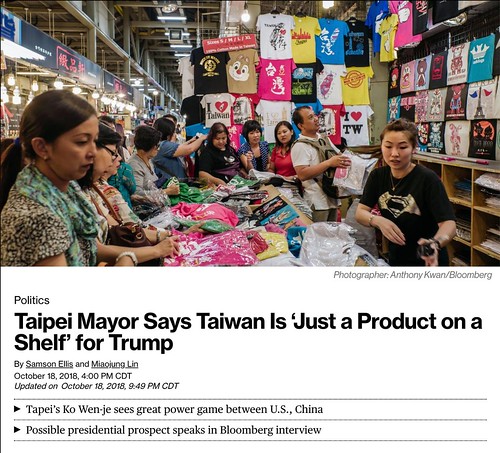 |
| The screenshot that launched a million words |
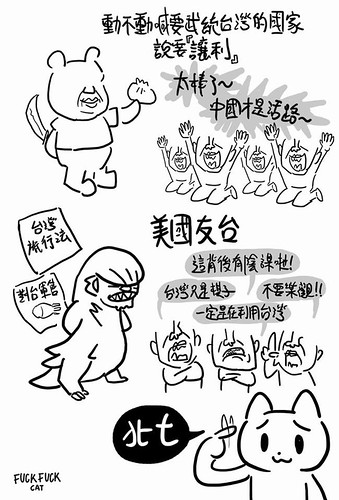 |
| From 幹幹貓: probably one of the most common things I read to improve my colloquial Chinese. It's all in Mandarin but you should check it out! |
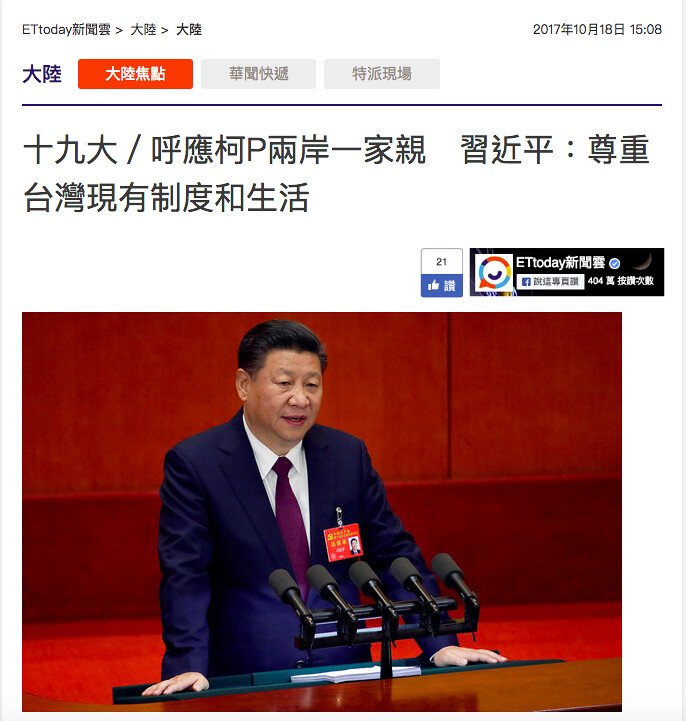 |
| from ETToday |